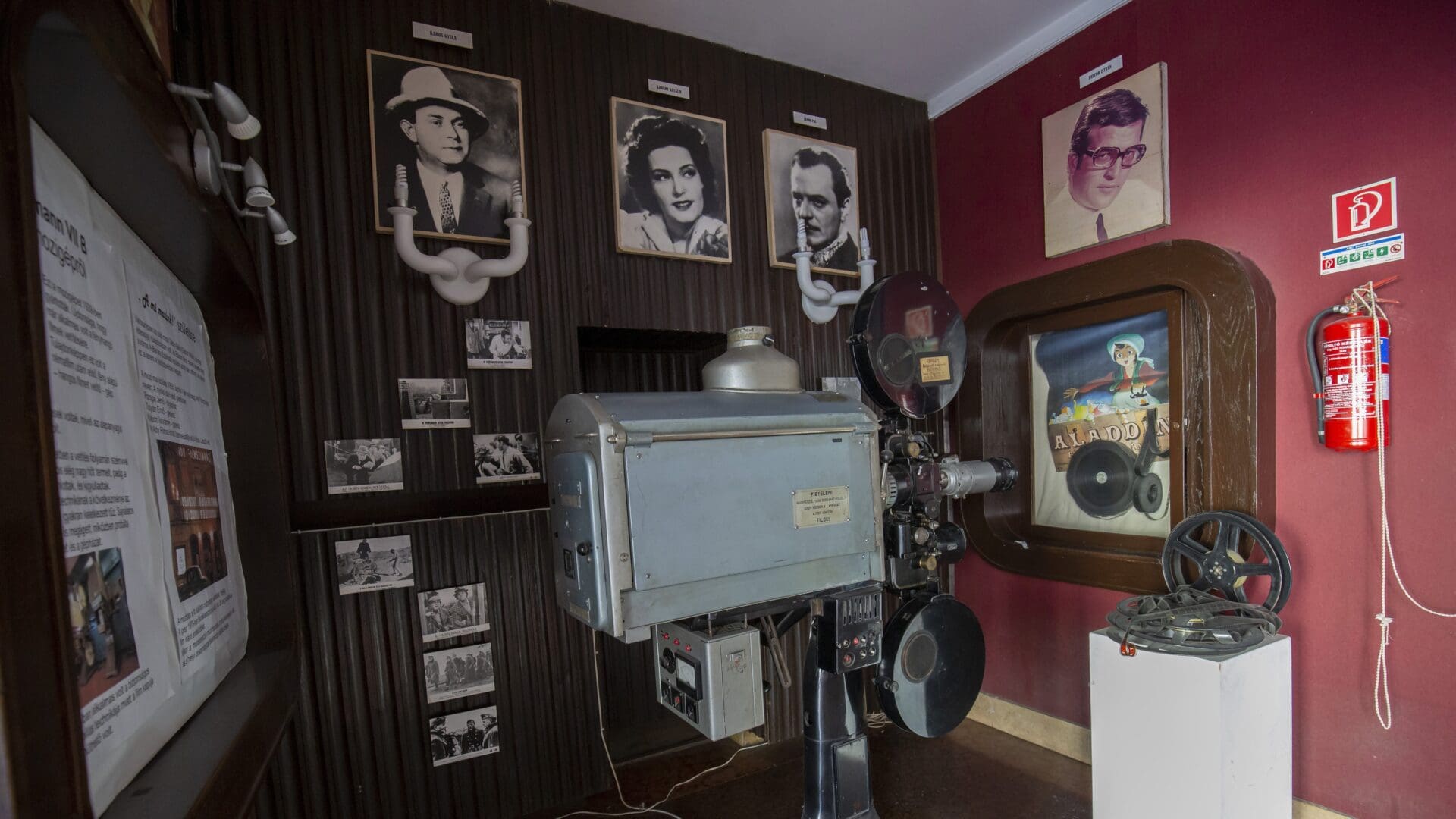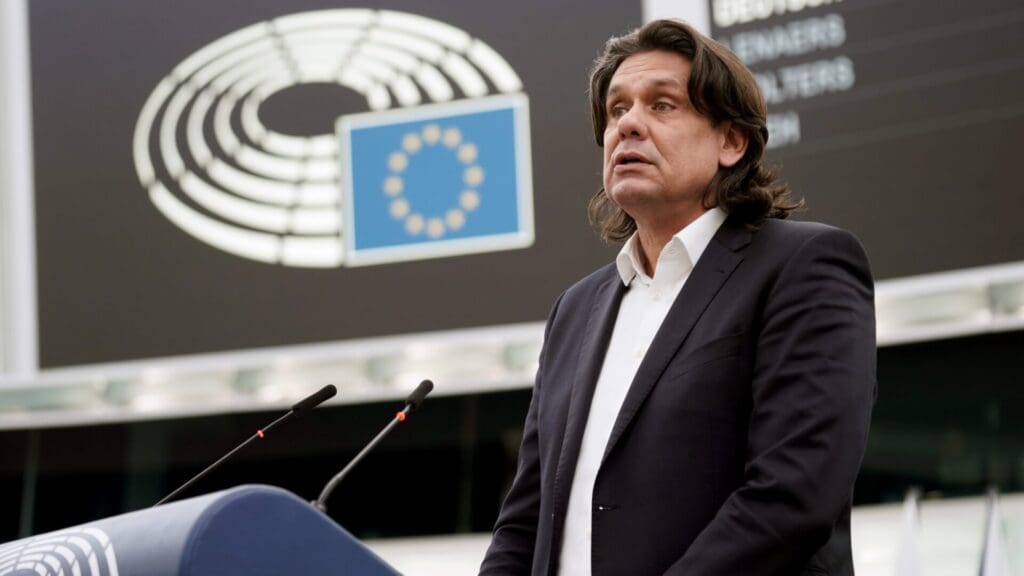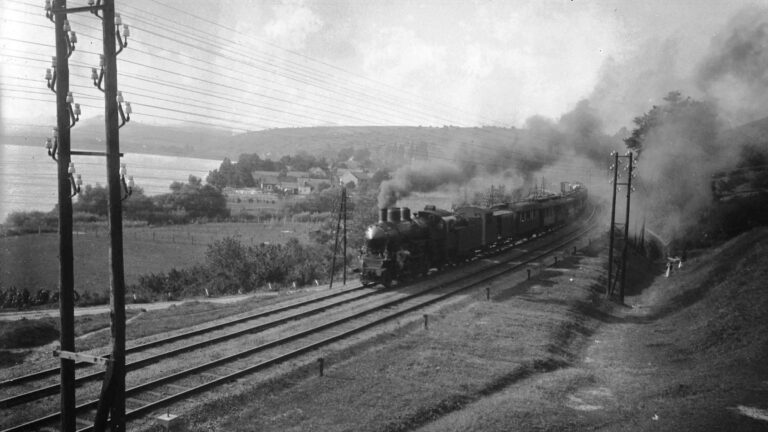European Art Cinema Day, to be held this Sunday, will feature award-winning films and new Hungarian creations, with screenings taking place simultaneously in hundreds of cinemas across the continent, including 29 art cinemas.
Initiated by the International Confederation of Art Cinemas (CICAE) and the Europa Cinemas network, this international event aims to draw attention to the diversity of European filmmaking and the importance of art cinemas as cultural and community spaces.
The eighth edition of the event is held simultaneously in art cinemas in more than 38 countries, as stated in a press release by the Art-Movie Association, which organizes the Hungarian programme series. As mentioned, there will be over a hundred screenings held under the event’s umbrella at 29 locations across the country. On this day, the eight art cinemas in Budapest and the 21 art cinemas in the countryside will offer a unique selection of films,
giving the audience the opportunity to see films weeks or even months before their national premieres.
Thanks to the collaboration of Hungarian art film distributors, this year’s film selection includes a variety of new European films, ranging from Cannes Palme d’Or-winning works to dramas honoured in Berlin and Venice, as well as Spanish dark comedies and Norwegian animated adventure films. Four new Hungarian films will also be introduced.
Among the premieres is Éger, the directorial debut of Levente Nagy Borús, starring Artúr Kálid, Tamás Kovács, Zsolt Nagy, and Bori Péterfy, with music by Mihály Víg. This crime drama explores the lifelong story of two men, former best friends turned sworn enemies.
The programme includes Moc, a Slovak-Hungarian-Czech co-production by Mátyás Prikler, which combines elements of political thriller and investigative crime drama and provides an unsettling metaphorical story about the nature of power and helplessness in today’s society, starring Szabolcs Hajdu.
Accompanied by discussions, I Won’t Die is a documentary by Ásia Dér, following the story of Gábor Einspach, a contemporary art collector and gallery owner diagnosed with a serious illness.
Magasmentés is featured at several Budapest locations, offering a hero’s story filled with action. Directed by András Fésős, the film is a poignant tale of a high-rise rescue specialist, a firefighter, and his estranged, antagonistic son, providing a sobering reflection of a city in despair.
The programme kicks off with Anatomy of a Fall, the European Art Cinema Day’s opening film. Directed by Justine Triet, this work delves into the circumstances of an unexpected death, where it remains unclear whether it was an accident, suicide, or murder.
Germany’s official Oscar submission, The Teachers’ Lounge tells the story of a young, dedicated teacher working in a multicultural environment who stands up for a student accused of theft, taking on a much greater burden than initially anticipated.
As one of the highlights of the day,
audiences will have the opportunity to see Ken Loach’s final film, The Old Oak,
a film marking the end of his half-century-long career, in an English-French-Belgian co-production.
The programme also features Aki Kaurismäki’s new film, Fallen Leaves which won the Judges Prize at Cannes. It tells the story of two lonely individuals and their chance encounter and awkward approach.
In addition, the film lineup includes a Spanish dark comedy, Dear Grandma and an Irish-English comedy, The Miracle Club. Tradition dictates the inclusion of a family film tailored for a younger audience, and this time, Titina, a Norwegian animated adventure film, is introduced.
Notably, part of this film was produced in Hungary at the Kecskemét Animation Film Studio.
The Hungarian programme series is supported by the National Cultural Fund and the Hungarian Academy of Arts. The detailed Hungarian programme for the 8th European Art Cinema Day can be found here.
Related articles:








